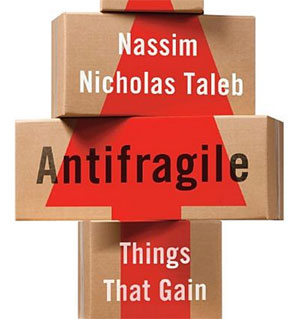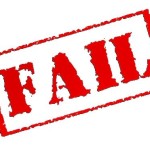Chesterton’s fence principle can be explained as follows: Don’t take down a fence until you know the reason it was put up in the first place. In other words, don’t be so quick to tear down things you don’t understand. G.K. Chesterton was an early 20th century English writer best known for the Father Brown…









